Why we learn and what can we use to improve learning?
Right thinking = Right start series
Why we learn? is a question I’ve pondered over for the last few weeks, to be fair I didn’t know why we learn anything that didn’t come with learning on the job until several years ago, but since then I’ve become an avid life long learner, so allow me to shine a light on why we learn, and why you should too!
You would be surprised to learn that there is an art to learning in itself and if you are able to master that it will have a meaningful impact to your development.
Simon Sinek is known for his book “Start with Why?” (I haven’t read it yet but I have seen his popular ted talk that outlines the idea) so let’s take this idea and ask “Why do we say to become a life long learner?”, we can never know everything individually (Unfortunately or fortunately we’re not Q) but as a collective civilisation we can, allowing each of us to specialise in areas for careers and dapple in others for interests and hobbies.
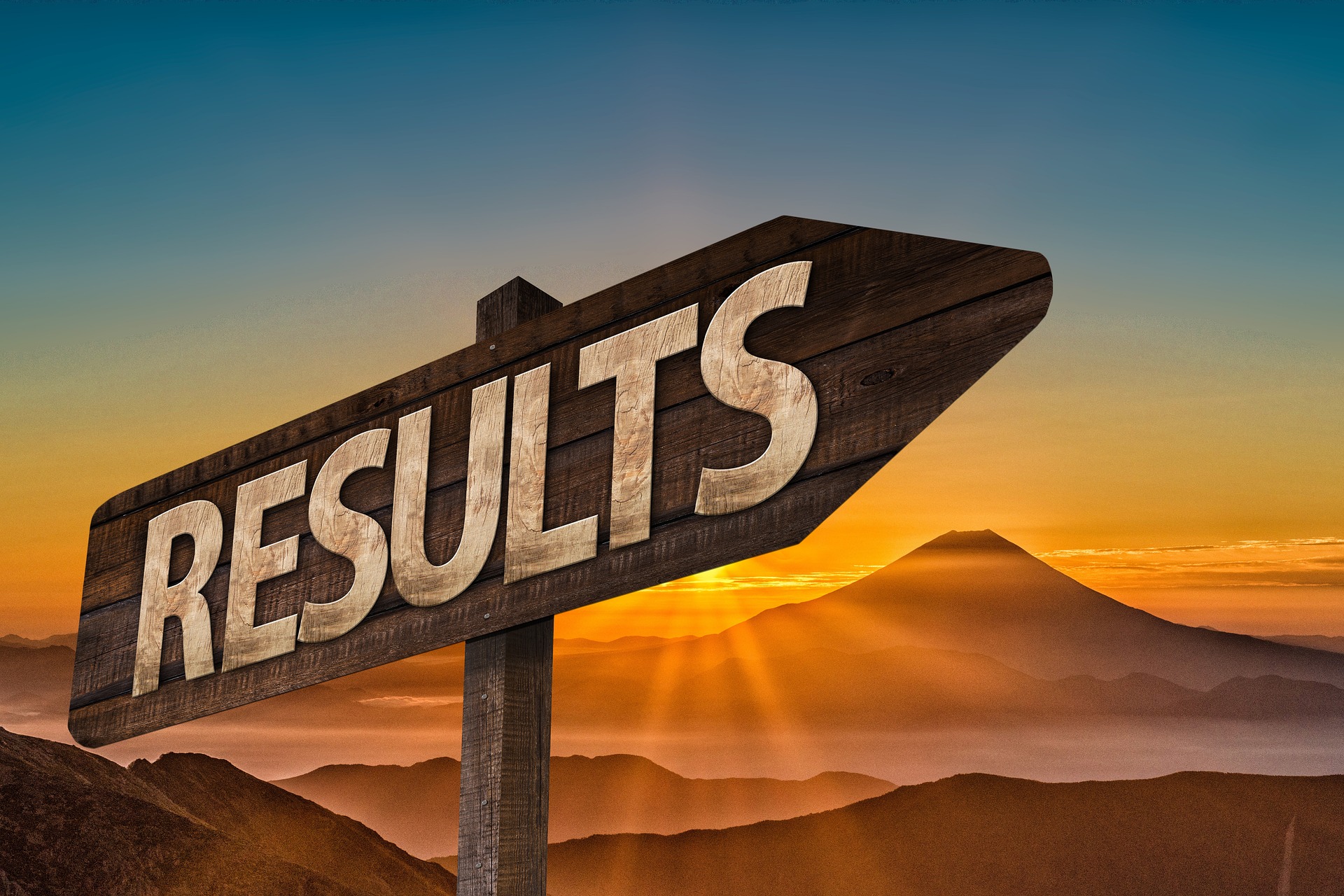
However learning is one thing, but it must be driven by curiosity – the need to discover and ask questions which in turn reduces the uncertainty we have when making decisions.
The nature of the question.
I started this series with a question to myself “Do I know what to think or how to think?” and at that time my answer would have been similar to yours – Of course I know how to think! But I wanted to understand this question and really see if I understood what it meant, I had concerns that I didn’t and therefore I wanted to learn how engineers should think and how we can improve upon that.
From many sources Books/Media/Forums/Studies/Experience & Colleagues, I have come to understand that how we experience life and who influences / interacts with us will have an affect on our thinking.
Through this journey over the last 5 months, I’ve been investigating and describing the popular question as I laid out above. I found that well known Scientists / Writer’s/ Businessman who have come before had lots of insights and advice to pass on (Sagan/Deming/Tyson/Feynman/Cox/Greene/Ohno etc..) they have answered the question above, but is it true that the majority only know what to think? And if so has it become worst with modern technology and the internet where people / kids (and myself) can’t answer a question (even a simple one) within 1 min so we instantly go for Google? We are eroding our own memories by not testing ourselves and exercising that muscle, it’s easier to know what over how (having the shortcut as we’ve mentioned which leads to assumptions). There is a counter argument to this that I came across in my research from the YouTube channel Braincraft, Vanessa Hill puts forward the idea that holding the location to knowledge and not the knowledge itself has pros and cons, in which the main con is we don’t have the knowledge to make instant decisions, but is that more important than understanding? Can I make a decision by my understanding of how something works and reason from there or should storing facts count?
At this point we need to break the original question and define the ‘what to think’ as having knowledge (Information or facts about something – whether they are correct or not) and ‘How to think’ as having the understanding (knowing the intended meaning or cause of something)
So, I presented my studies over the last 5 episodes in my attempt to educate myself and in a way highlight to the readers these points. While I have attempted this and expressed my experiences and findings to you, I also encourage you to go and check this topic out for yourself so that you might draw your own conclusion on what to adopt and how to use these tools.
Feedback on Why we learn
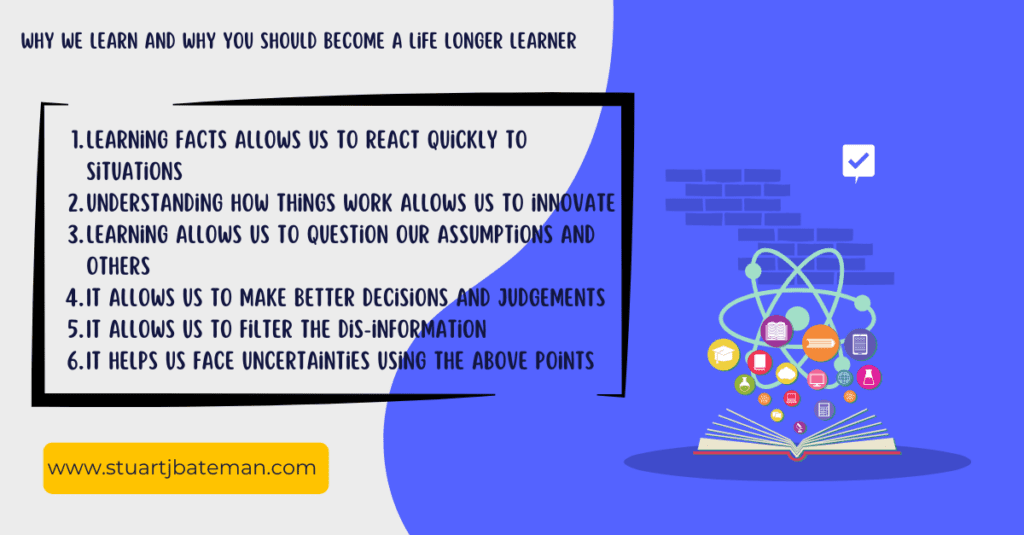
So what has this been leading to? It’s no surprise that feedback from asking questions is the key. But the right feedback and the ability to filter/ asses and adopt or reject are the tools required to make sure that feedback is useful to us.
I would argue that we first need to understanding something before we can bottle it into facts for use later, by understanding how or why about anything we can use it to develop deeper knowledge, we can join our understanding of how phones work and how computers work which (kinda) leads to the concept of a mobile phone (bear with me I know it’s a leap), but without testing and gaining feedback we can’t understand. As Feynman said in his paper “The value of Science” we need to be ignorant and not afraid of doubt to use this to explore, this is the curiosity I spoke about earlier to say “I don’t know” and to test to gain feedback to develop understanding and solidify the knowledge.
Without feedback there is no understanding and without understanding we can not filter our knowledge to the correct facts which reduces uncertainty and thus our decisions.
This comes back to how we progress, today we use the knowledge from the understanding that Kepler/Hooke/Newton/Maxwell developed, since we test their facts often with more intricate experiments to prove if they are wrong and because they still stand we can be confident to use their acts to develop our understanding of deeper concepts like Quantum mechanics.
This means, we need both (but having those tools to filter out that BS we face daily).
The answer to Why we learn?
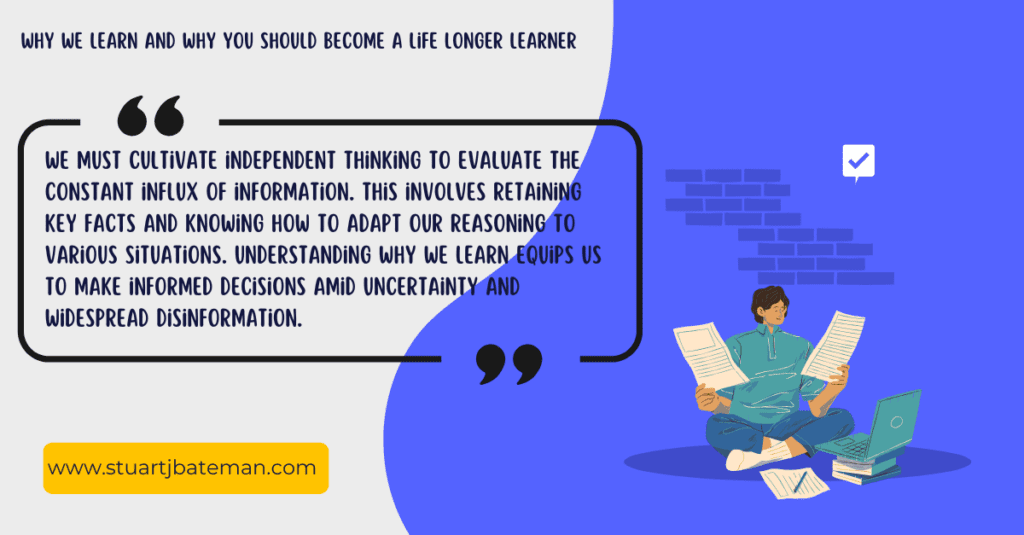
It’s simple really, we need to grow independent mindsets to test the information that we’re bombarded with daily, to be able to store an amount of facts while also understanding how to work things out given many situations we find ourselves in. Why we learn allows us to made decisions given the uncertainties that surround us and the disinformation that we’re fed.
Why we learn, is the foundation to a developing mind and will allow you to question yourself and others.
So I wanted to thank those of you who have read and shared this exploration with me.
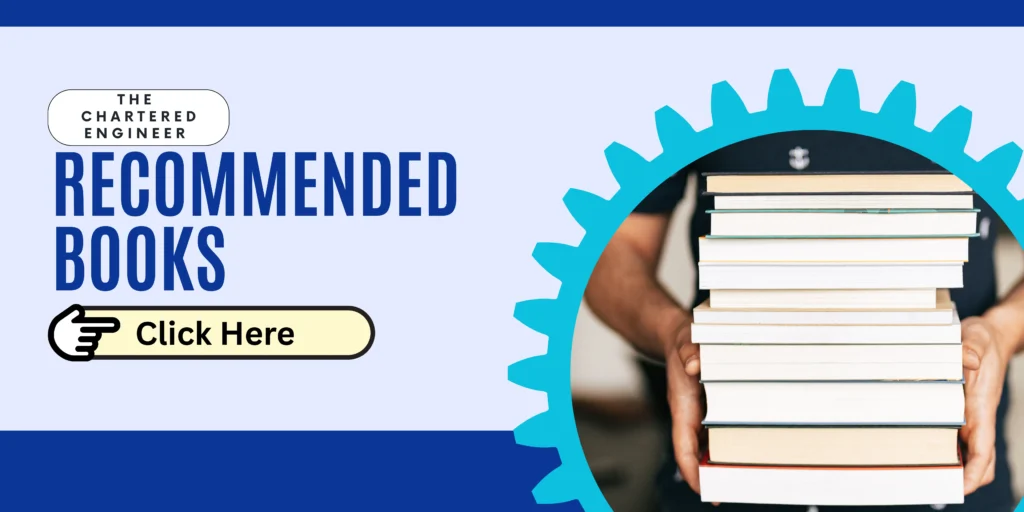
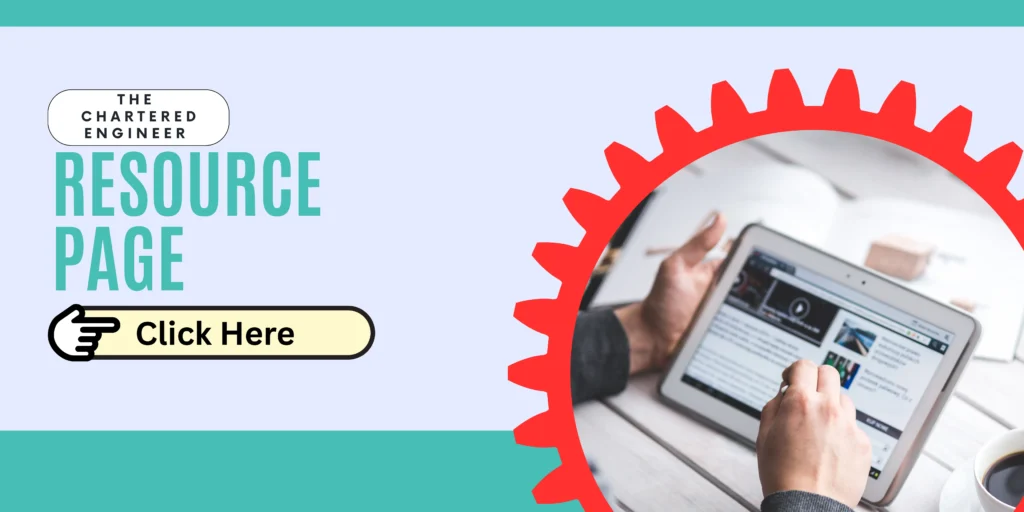
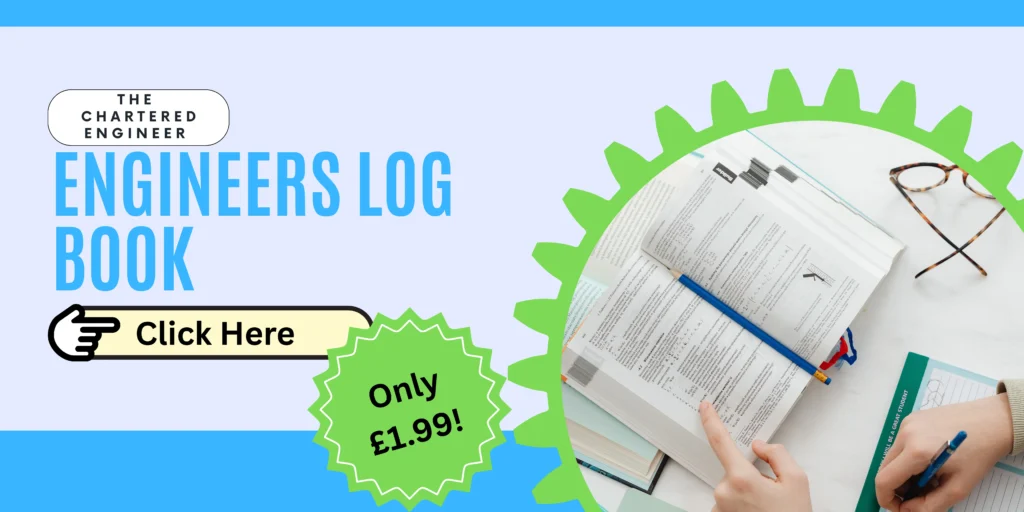
What are your thoughts? Have I covered everything or is there more you know and would like to share?
I’m always learning and improving this site and my blogs, so please feel free to get in touch with me via LinkedIn or this site to discuss any topics I have covered.
If you’re having trouble finding ways to progress check out these sites filled with free learning tools:

